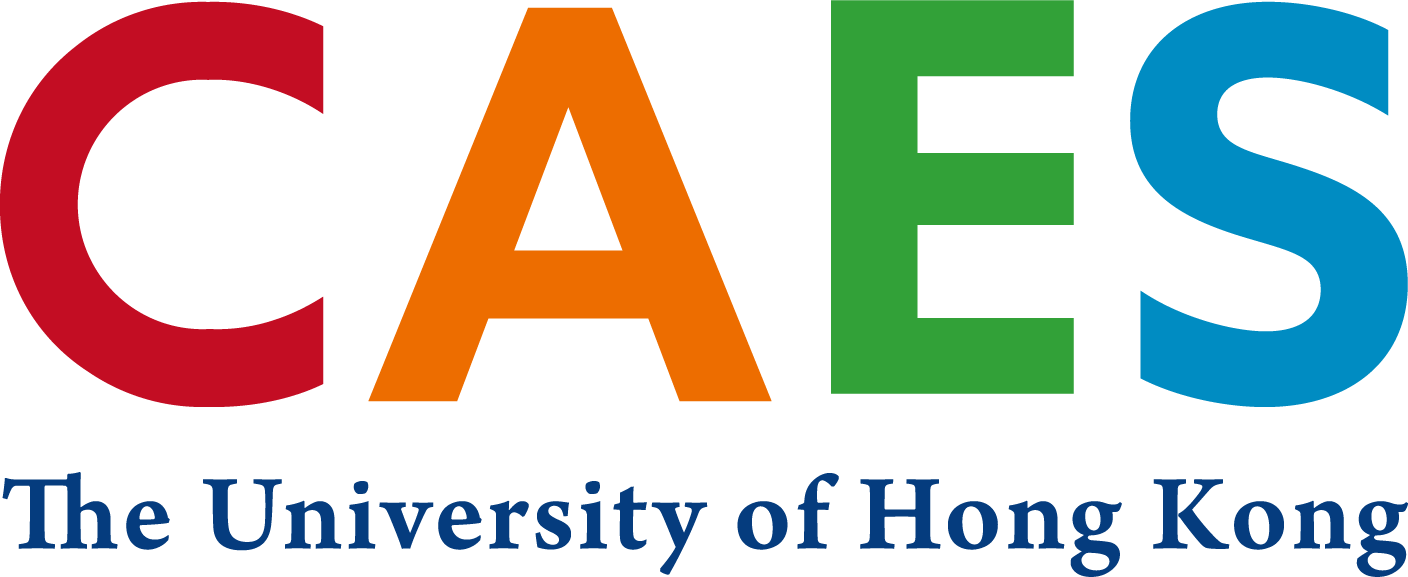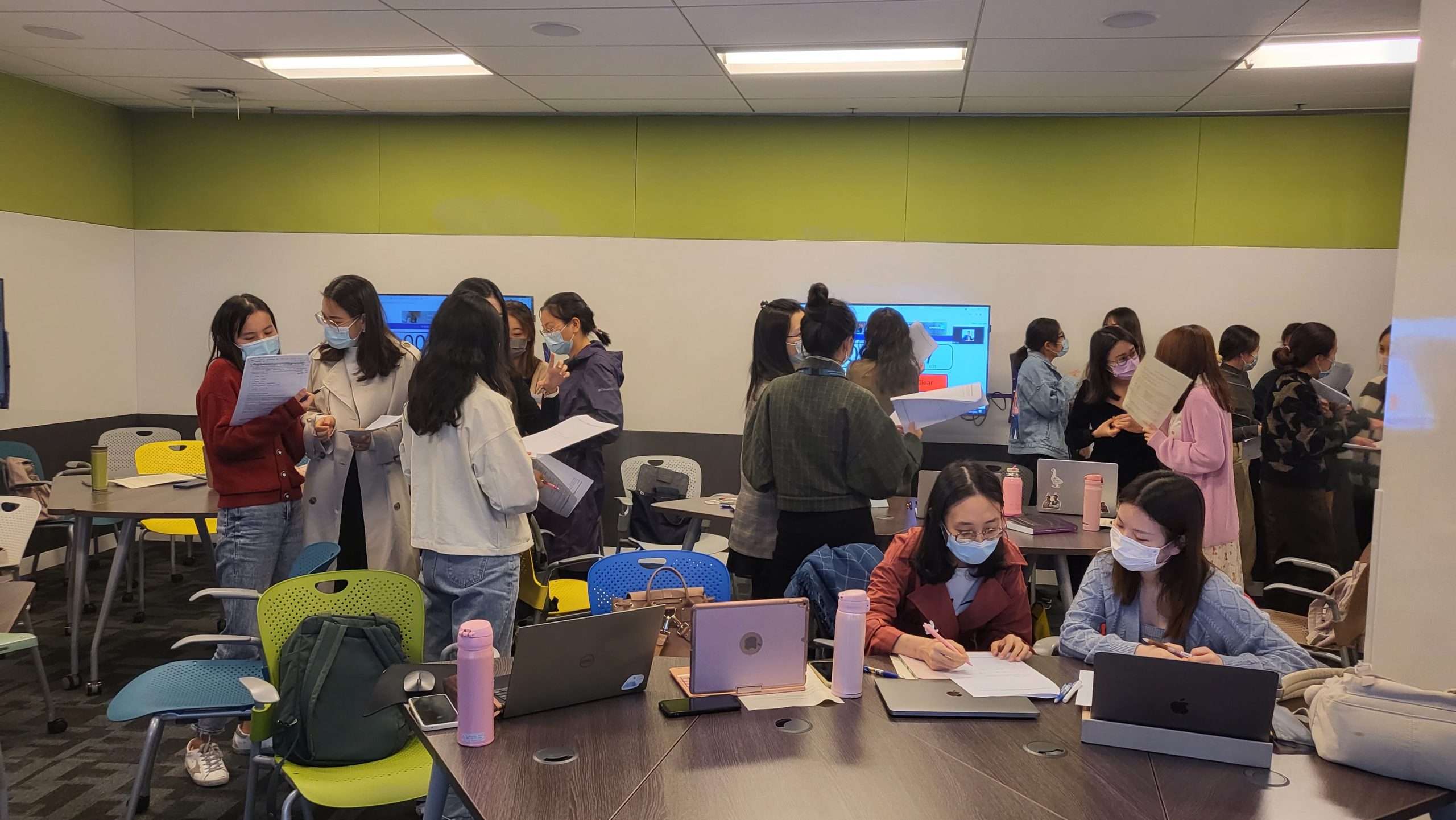M.A. in Applied Linguistics

Who is the programme for?
 The M.A. in Applied Linguistics programme has been offered by the Centre for Applied English Studies (formerly named the English Centre) since September 1996. Our programme is designed for those who have professional experience in English language education although we welcome applications from non-teaching linguists or those with related professional experience in the analysis of language. The programme develops students’ knowledge and skills in the teaching, learning, and applied use of the English language across a range of diverse disciplines and contexts.
The M.A. in Applied Linguistics programme has been offered by the Centre for Applied English Studies (formerly named the English Centre) since September 1996. Our programme is designed for those who have professional experience in English language education although we welcome applications from non-teaching linguists or those with related professional experience in the analysis of language. The programme develops students’ knowledge and skills in the teaching, learning, and applied use of the English language across a range of diverse disciplines and contexts.
WHY MAAL?
The programme develops students’ knowledge and skills in the teaching, learning, and applied use of the English language across a range of diverse disciplines and contexts.
Upon completion of the programme, participants will have a critical understanding of theory in the field of applied linguistics and be able to conduct research into its practical applications.
Our M.A. in Applied Linguistics programme has a number of distinctive features:
- it provides an entry-level qualification for teaching EAP at many tertiary institutions;
- it adopts a functional approach to the description, analysis and teaching of language;
- it contains a strong empirical component and provides students with opportunities for data collection, analysis and interpretation; and
- it frames teaching, learning and investigation of language within the Hong Kong, China and global contexts.

WHO CAN APPLY?
Current or former English teachers in public/private schools, or those with non-teaching professional experience in language and linguistics related areas, including corpus linguistics, translation, language learning technology, discourse analysis, media, or literature.
THE MAJOR AIMS
The MAAL curriculum aims to develop candidates’ understanding of:
- Key concepts, theories and research related to applied English or cross-language linguistics;
- Knowledge of a wide range of perspectives on the theory, policy and practice of applied linguistics;
- Capacity to analyse, synthesize and evaluate primary and secondary sources of research in English and applied linguistics; and
- Ability to investigate a specific field of study in depth and carry out research in the field.
